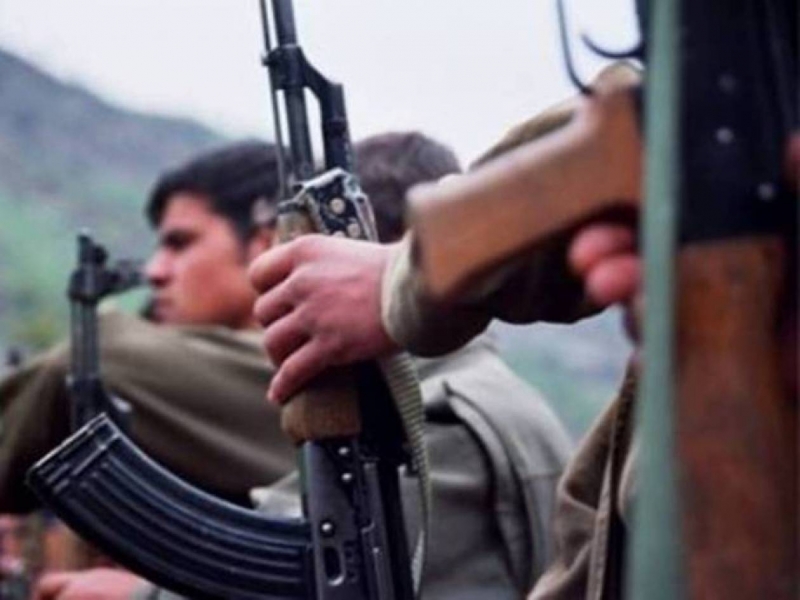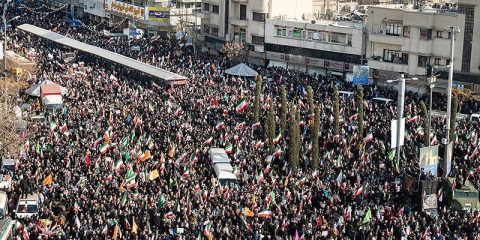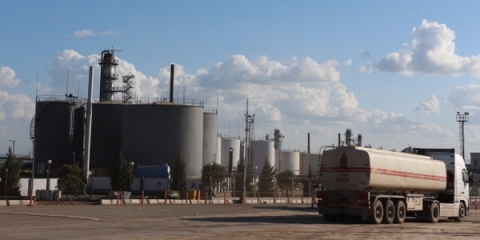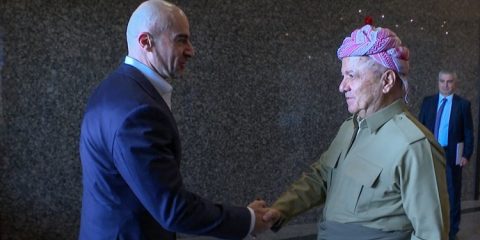As Turkey-PKK conflict escalates, new risks for KRG
Two months into Turkey's new military offensive targeting PKK positions in Iraqi Kurdistan – and following the assassination of a Turkish diplomat in Erbil – a decades-old conflict is entering a volatile new phase.
ERBIL/SULAIMANIYA - Turkey is expanding its military footprint in the autonomous Kurdistan region of Iraq as it pursues an intensifying campaign against the insurgent Kurdistan Workers’ Party (PKK) – a conflict that has become especially combustible after the recent assassination of a Turkish diplomat in Erbil.
The situation has the potential to drive a wedge between the autonomous Kurdistan Regional Government (KRG) and Ankara. Although Turkey is a key strategic ally, facilitating all of the KRG's oil exports, its decades-long war against the PKK is broadly unpopular among Kurds, which creates a political dilemma for the Kurdistan Democratic Party (KDP) of newly elected KRG Prime Minister Masrour Barzani.
"It is clear that [the KDP] is not neutral in the confrontation," said Haval Jamal, a top commander of the KCK, an umbrella organization for the PKK and its affiliates, in a phone interview. "We cannot accept this forever, and our self-control is limited."
The PKK has responded to escalating Turkish military activity by forming new affiliate organizations within Iraqi Kurdistan, in an effort to build political support among the KDP's rivals and turn the ruling party's alliance with Turkey into a greater political liability.
The situation has grown more tense after the July 17 assassination of Osman Kose, who was employed by the Turkish consulate in Erbil and is widely reported to have been an intelligence official working under diplomatic cover. According to CCTV footage purporting to show the incident, which has been widely circulated on social media, three men were directly involved in the attack.
Login to your account
Subscribe for news access
Annual News subscribers receive access to the full archive of Iraq Oil Report articles.




